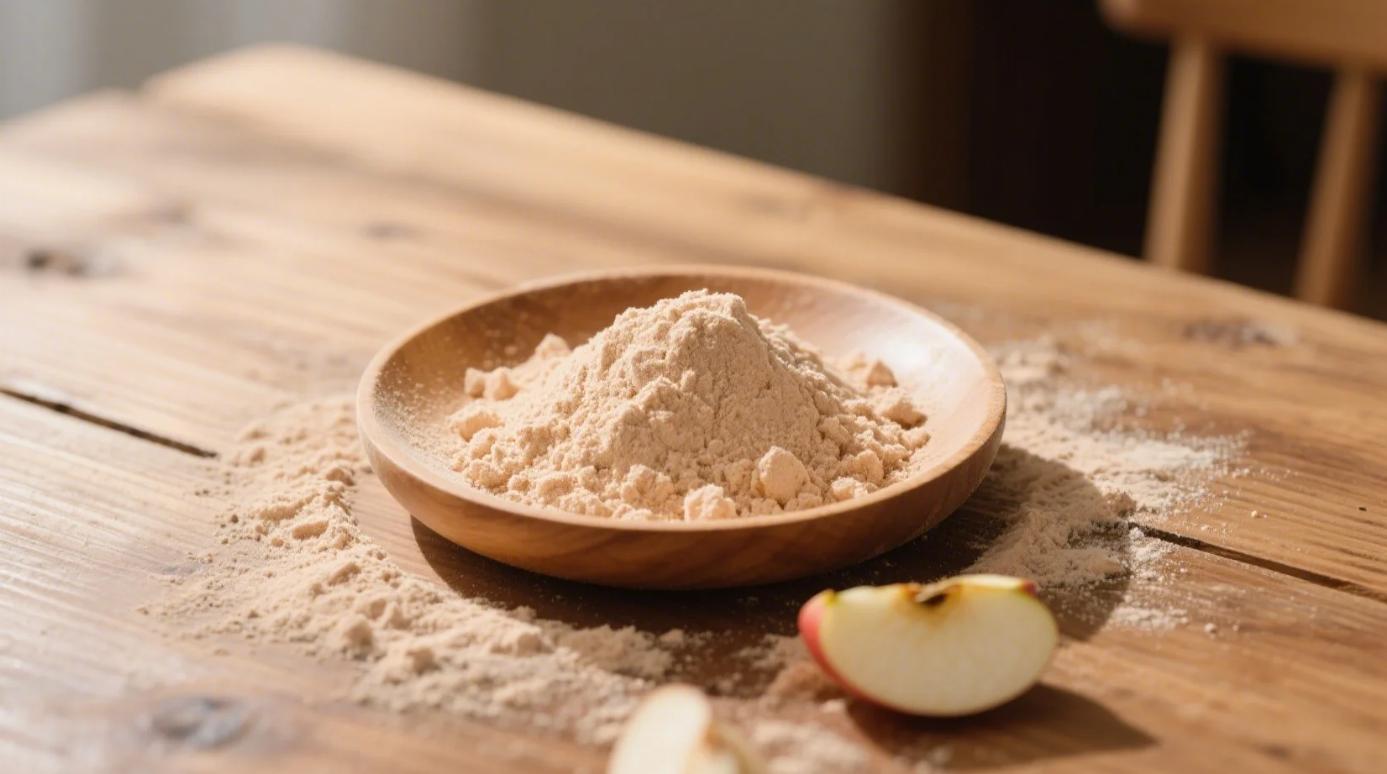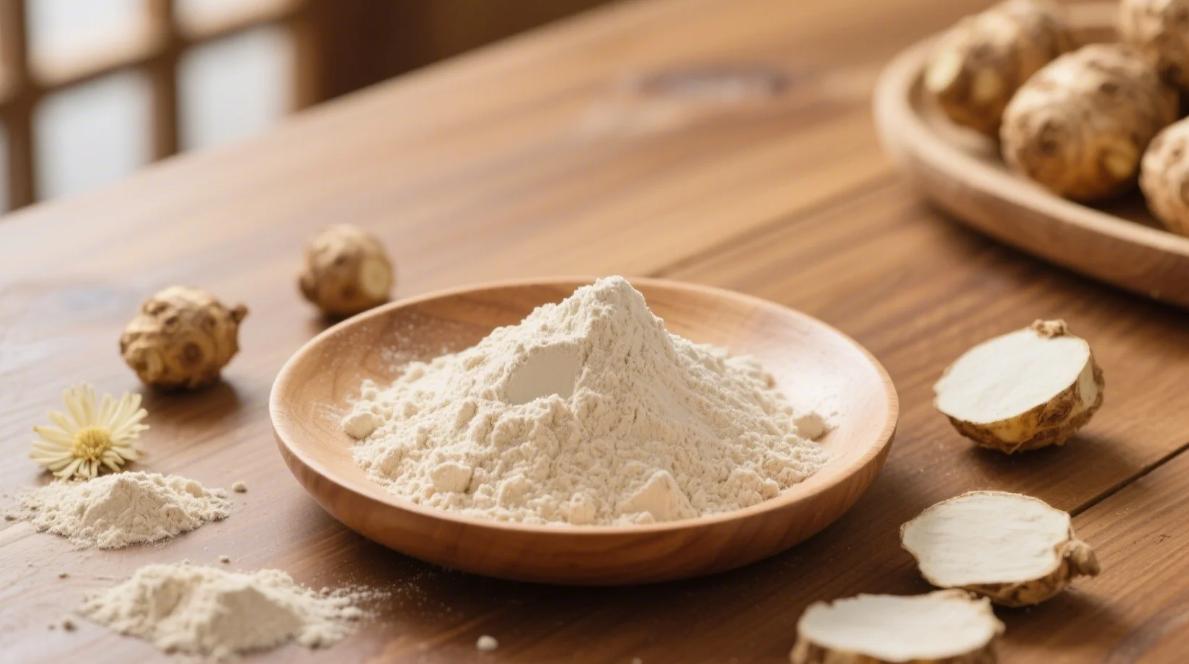Table of Contents
Introduce organic isomaltulose as a natural sweetener derived from sugar beets. Highlight its low-glycemic index and how it serves as a healthier alternative to conventional sugars. Mention the growing interest in functional ingredients for health-conscious consumers.

What is Organic Isomaltulose?
Define isomaltulose, explaining its chemical structure and how it differs from regular sugars. Discuss its production process, emphasizing the organic certification and sourcing methods. Briefly touch on its history and acceptance in various markets.
Health Benefits of Organic Isomaltulose
- Low Glycemic Index: Discuss how isomaltulose is digested slowly, leading to gradual increases in blood sugar levels.
- Sustained Energy Release: Explain its ability to provide longer-lasting energy, making it suitable for athletes and active individuals.
- Weight Management: Address how lower calorie content and satiety can aid in weight control.
- Dental Health: Mention its non-cariogenic properties, which make it a tooth-friendly sweetener.
Isomaltulose vs. Other Sweeteners
Compare organic isomaltulose with other common sweeteners like sucrose, fructose, and artificial sweeteners. Highlight advantages such as lower glycemic response and natural sourcing, making it more appealing to health-conscious consumers.
Practical Applications in Diet
Provide examples of how to incorporate organic isomaltulose into everyday diets. Suggest its use in smoothies, baked goods, energy bars, and beverages. Encourage readers to look for products containing isomaltulose.
Conclusion
Summarize the health benefits of organic isomaltulose and its potential as a versatile ingredient for those seeking healthier sweetening options. Emphasize the importance of choosing organic products for both health and environmental reasons.

